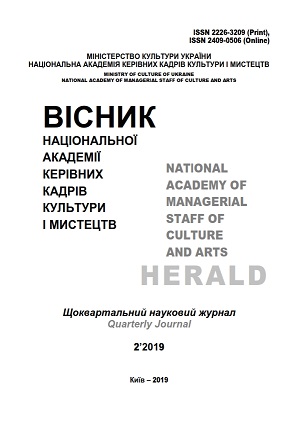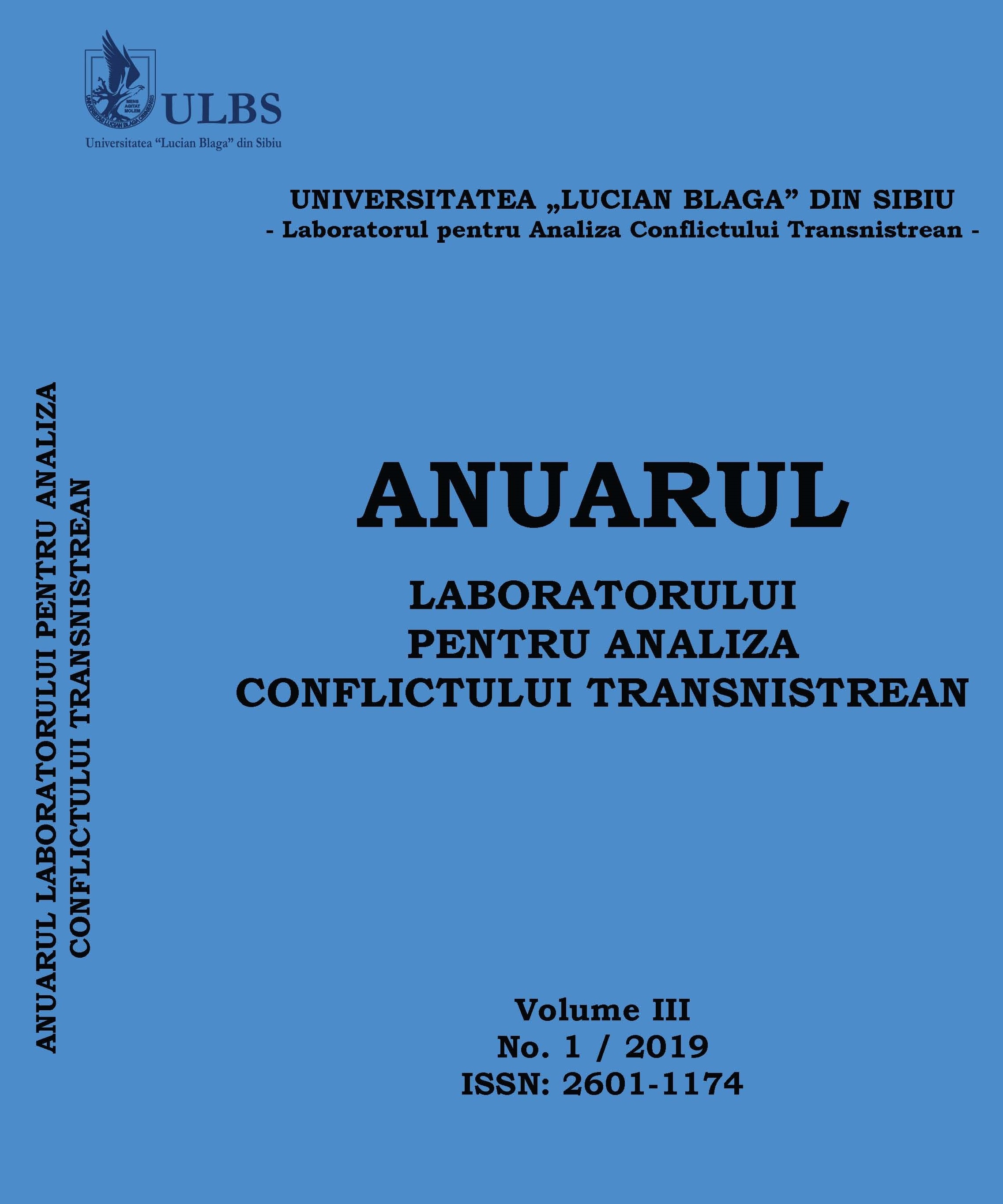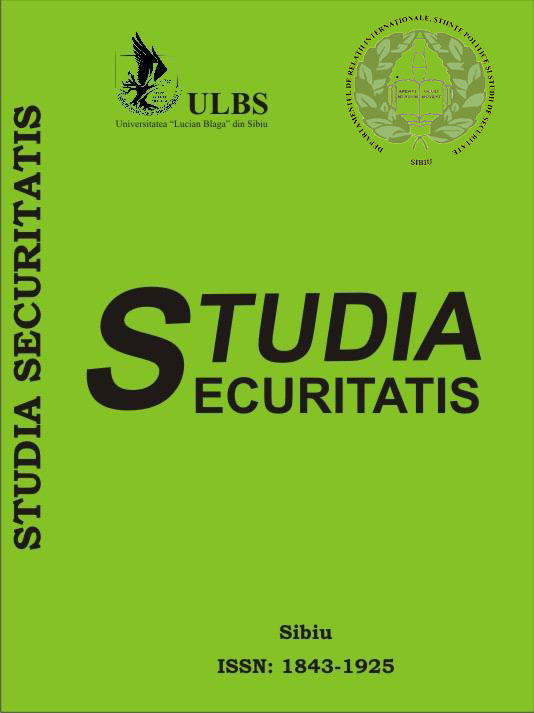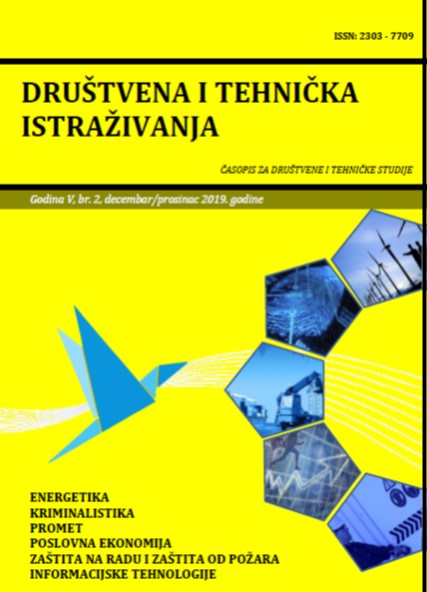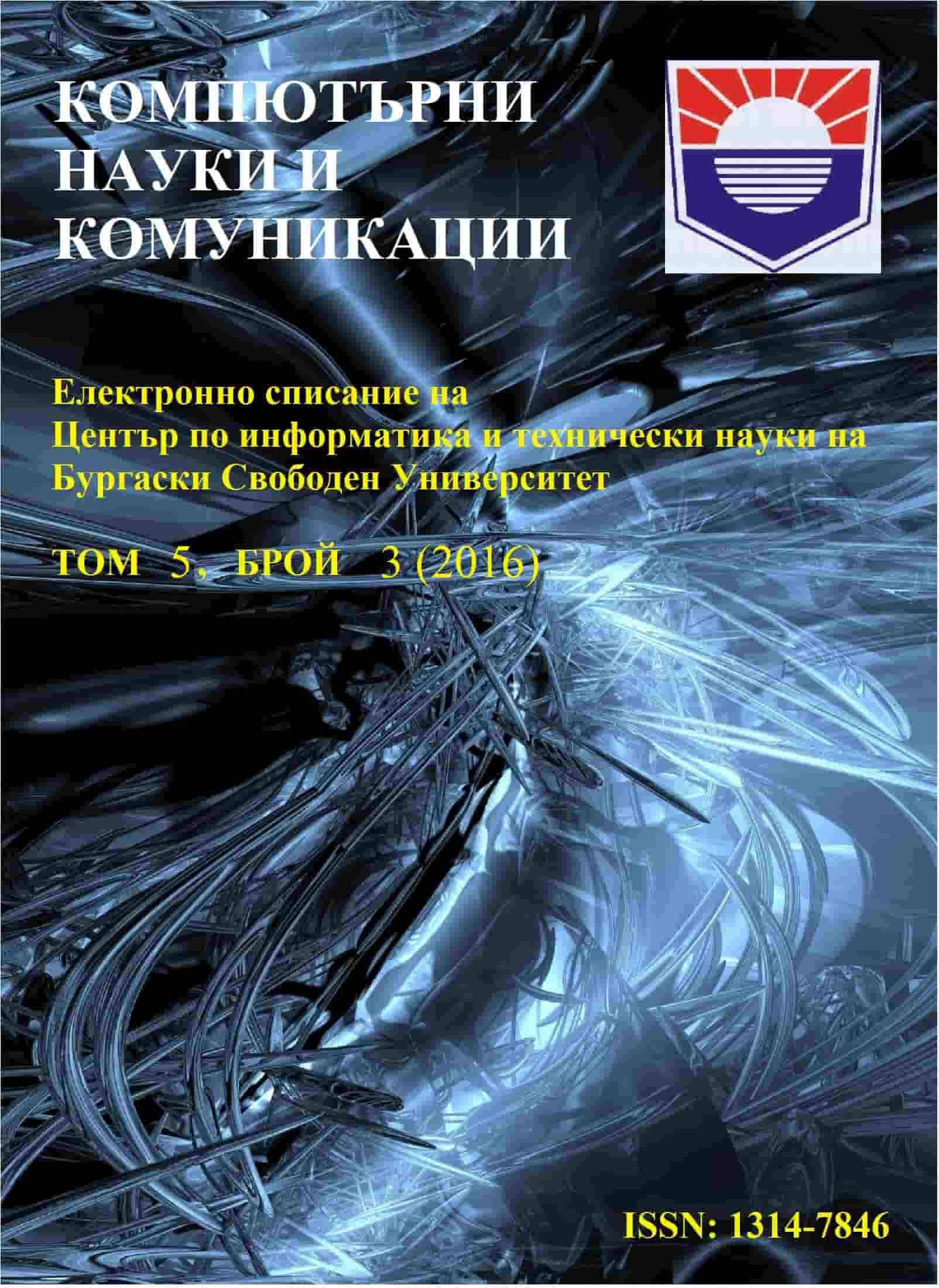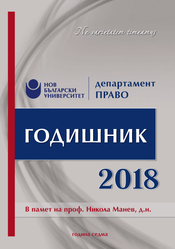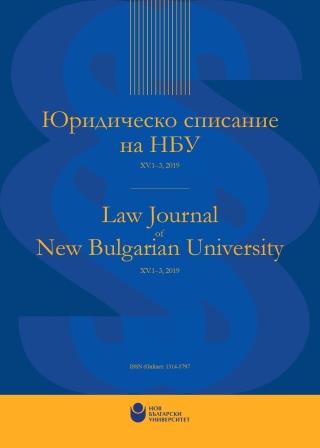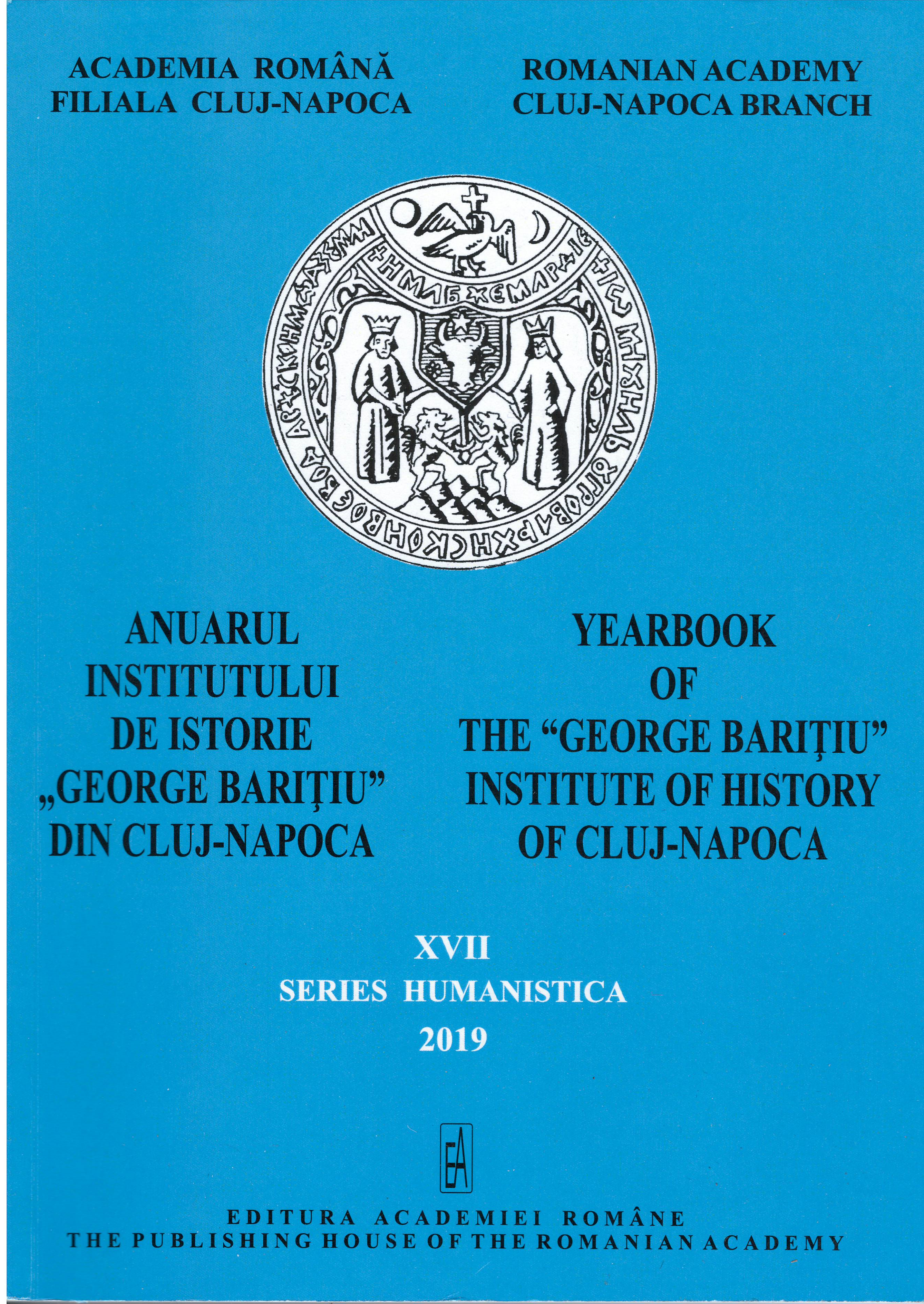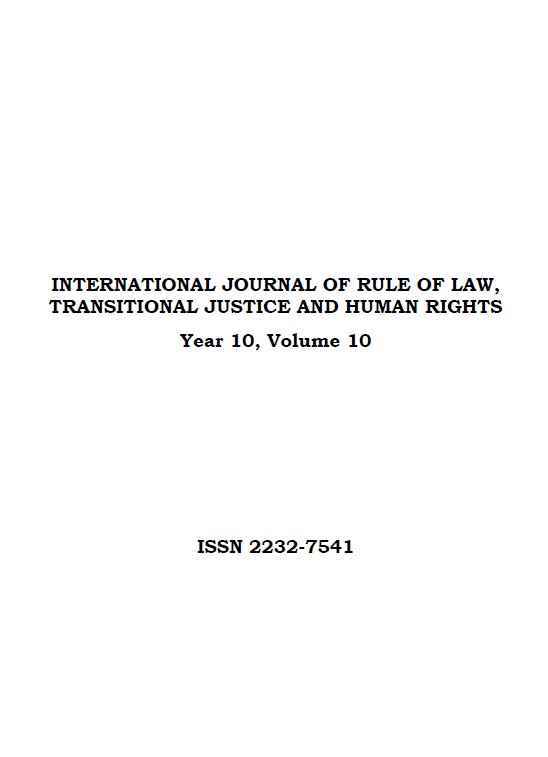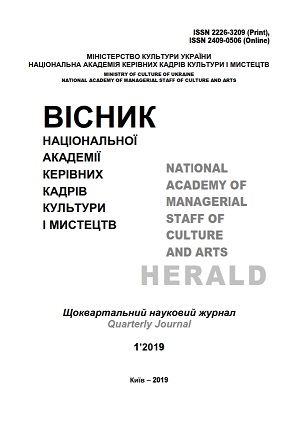
Political and Legal Tools for Ensuring the Cultural Rights of National Minorities in Ukraine in 1992-2018: Between Declarations and Reality
The purpose of the article is to characterize the political and legal means of regulating the cultural segment of the functioning of national minorities in Ukraine during the period of independence and to analyze the effectiveness of the legal and regulatory framework in resolving existing problems. Methodological approaches are based on polydisciplinary principles of studying the sphere of touch of ethnonational, legal, political and cultural phenomena. This involves taking into account theoretical developments in each of the scientific disciplines within which the specified range of issues is developed, as well as the application of the newest conceptual categorical apparatus. Through the integrated use of interdisciplinary approaches, the state's steps to regulate the cultural sphere of activity of ethnic and national minorities in modern Ukraine are traced, shortcomings and perspectives are overcome. Scientific novelty of the research is to systematically analyze the factors that influence the process of adopting political and legal documents that meet modern international standards and could accelerate the resolution of pressing problems in this area. Conclusions. The current internal and foreign political situation in Ukraine hinders the rapid resolution of the problems accumulated over many decades in the political and legal regulation of the cultural segment of ethnic minority activity. The action of destructive internal and external factors artificially limited the ability of the state in this regard. At the same time, there are grounds for claiming that there is no goodwill in the political elites that are responsible for resolving such issues. It is necessary to realize that in a rapidly changing world, regulatory support for ethnic policy must respond promptly to the challenges of time and be updated accordingly. The problem of developing adequate tools for the legal provision of cultural rights of ethnonational minorities, as well as the prevention of crisis situations, remains a pressing issue. In order to achieve effective steps in this direction, the state must properly organize their financial and material support.
More...

